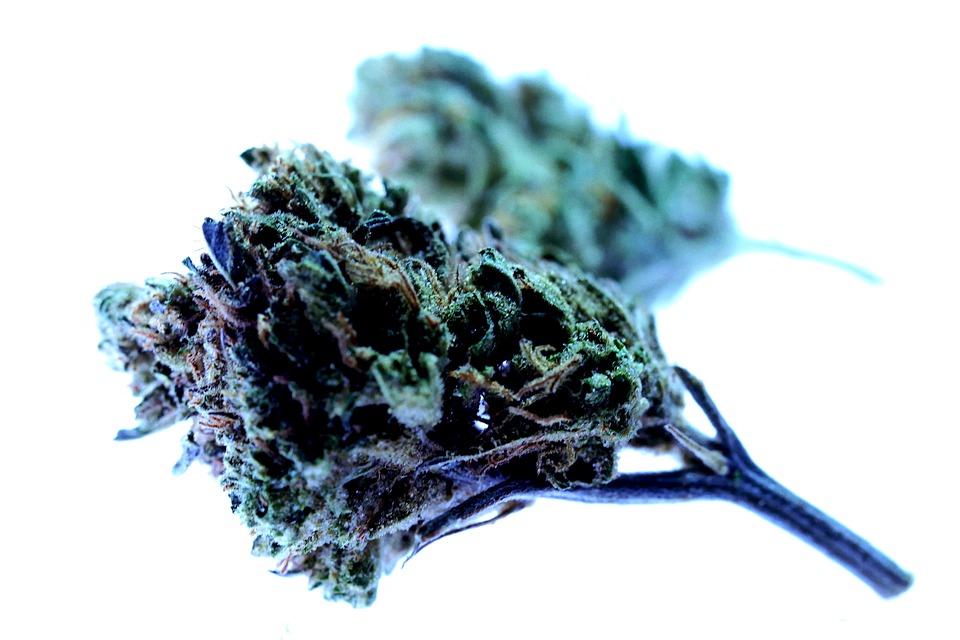You are here
Home 🌿 Marijuana Business News 🌿 NWT cannabis sales triple in three years: Liquor and cannabis commission 🌿NWT cannabis sales triple in three years: Liquor and cannabis commission

Sales of cannabis products in the Northwest Territories have nearly tripled in just three years, according to data from the Northwest Territories Liquor and Cannabis Commission (NWTLCC).
The NWTLCC publishes quarterly reports on the sale of liquor and cannabis in the territory. In the first quarter of 2018, NWT residents bought about $688,000 worth of cannabis products. By the last quarter of 2021, that figure had risen to nearly $1.9 million.
Dried cannabis continues to account for the bulk of sales. In the first three quarters of the current fiscal year, which ends March 31, dried cannabis generated $4.1 million — or about 77 per cent — of all sales. Inhaled cannabis extracts were also popular, accounting for about $774,000, or 14 per cent of sales.
In its report on the 2020-‘21 fiscal year, the NWTLCC notes that there was a 58 per cent increase in cannabis sales over the 2019-2020 year. Over the same period, liquor sales increased by just 15.9 per cent.
It’s unclear how much of the upward trend in cannabis sales is due to the pandemic and how much is due to the the growth of the legal cannabis industry. A research letter published in the Journal of the American Medical Association in November found that mean monthly cannabis sales in Canada more than doubled from about $100 million pre-pandemic to about $256 million during the pandemic. However, the authors of the study called this finding “significant but uninformative” because of the sharp rise in cannabis sales following legalization.
By comparison, NWT liquor sales amounted to $61 million in 2020-‘21.
Megan Sacrey, a manager at Trailblazer, said that store’s increase in sales is likely because of her clients’ preference for a brick-and-mortar store, which opened in December 2020, over a web site, through which Sacrey and her colleagues have been selling cannabis products since legalization.
“I think it’s because people can actually know what percentage their cannabis is at, rather than, you know, if they order online, it’s just an estimate, whereas you come here, you get an actual number,” she said.
Currently, gummies, edibles and vape cartridges are all top sellers at Trailblazer.
At first, Sacrey said, her store was visited by many customers who were new to cannabis. As time went on, however, these clients faded away.
“Now it’s mostly just the regulars,” she said.
“We know who comes in, and we usually know what they want.”
Although it’s unclear how much the pandemic contributed to increased cannabis sales, Sacrey estimated that Trailblazer saw a roughly 10 per cent drop in business once the federal government ended the Canada Emergency Response Benefit.
“We think that because people were staying at home and working at home, we think that we were selling a lot more then because of that,” she said.
420 Intel is Your Source for Marijuana News
420 Intel Canada is your leading news source for the Canadian cannabis industry. Get the latest updates on Canadian cannabis stocks and developments on how Canada continues to be a major player in the worldwide recreational and medical cannabis industry.
420 Intel Canada is the Canadian Industry news outlet that will keep you updated on how these Canadian developments in recreational and medical marijuana will impact the country and the world. Our commitment is to bring you the most important cannabis news stories from across Canada every day of the week.
Marijuana industry news is a constant endeavor with new developments each day. For marijuana news across the True North, 420 Intel Canada promises to bring you quality, Canadian, cannabis industry news.
You can get 420 Intel news delivered directly to your inbox by signing up for our daily marijuana news, ensuring you’re always kept up to date on the ever-changing cannabis industry. To stay even better informed about marijuana legalization news follow us on Twitter, Facebook and LinkedIn.




